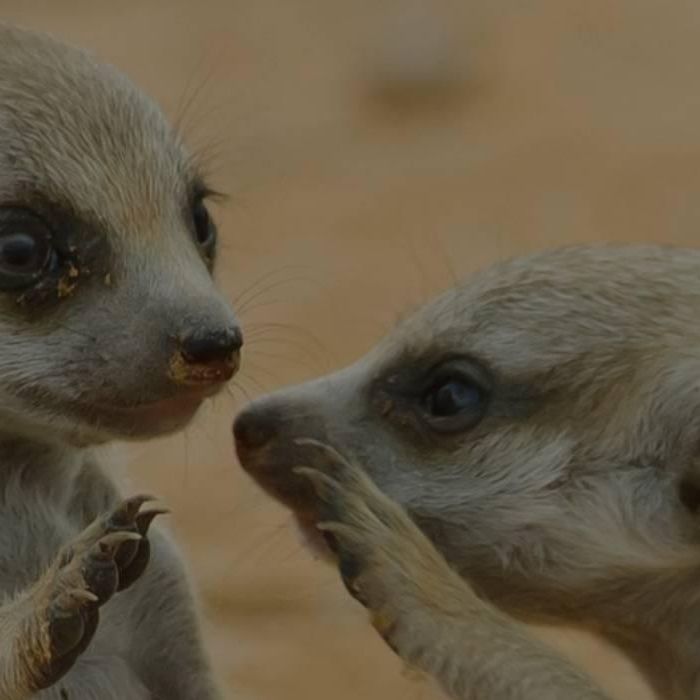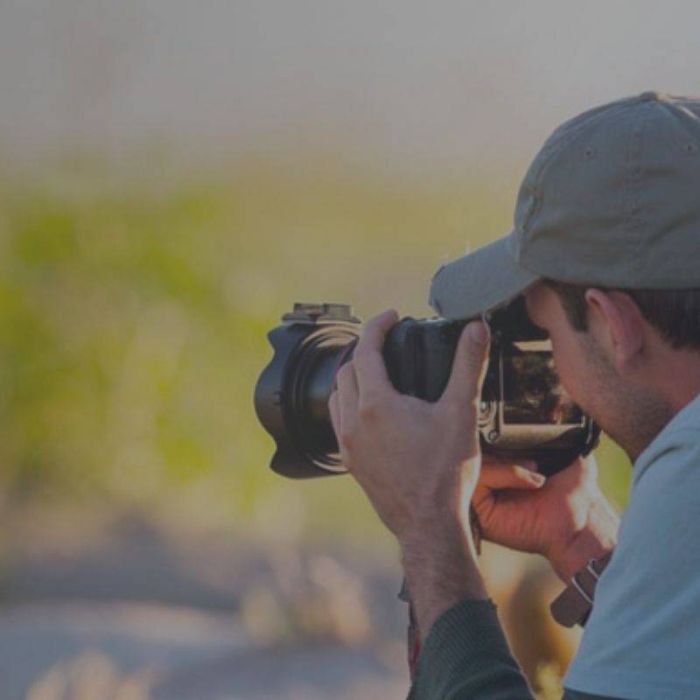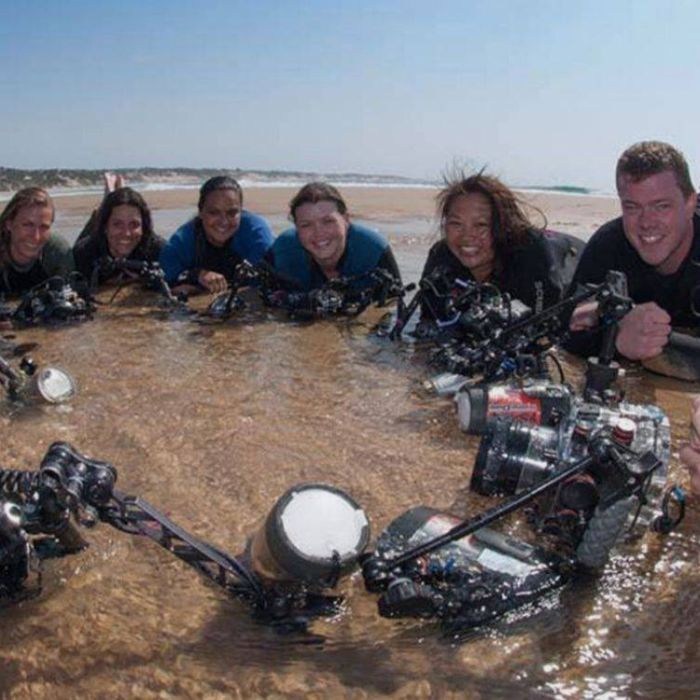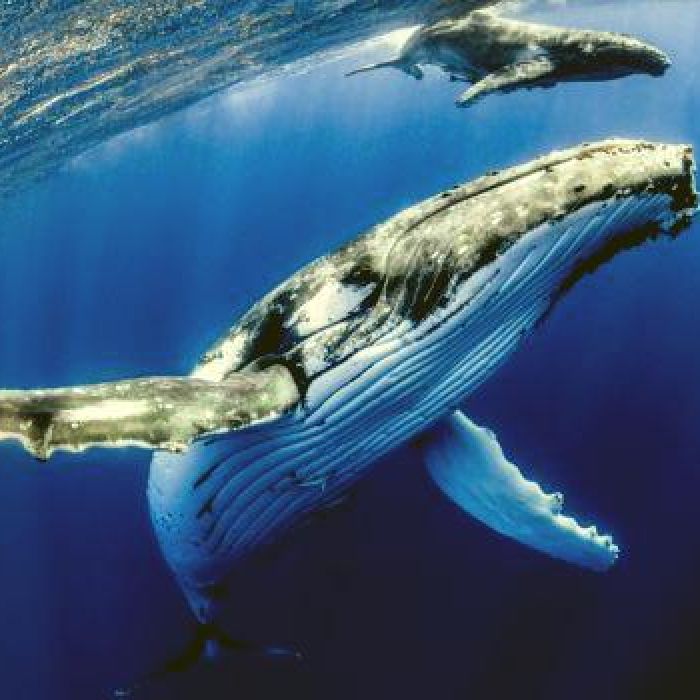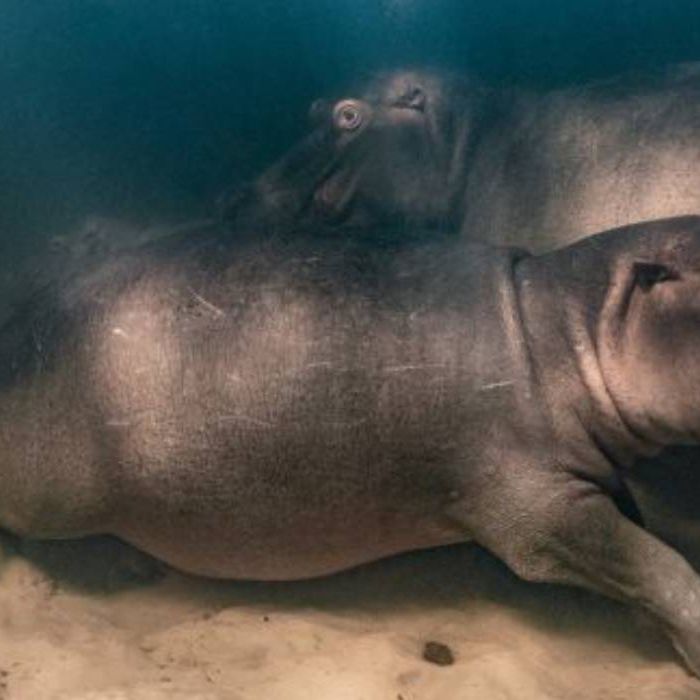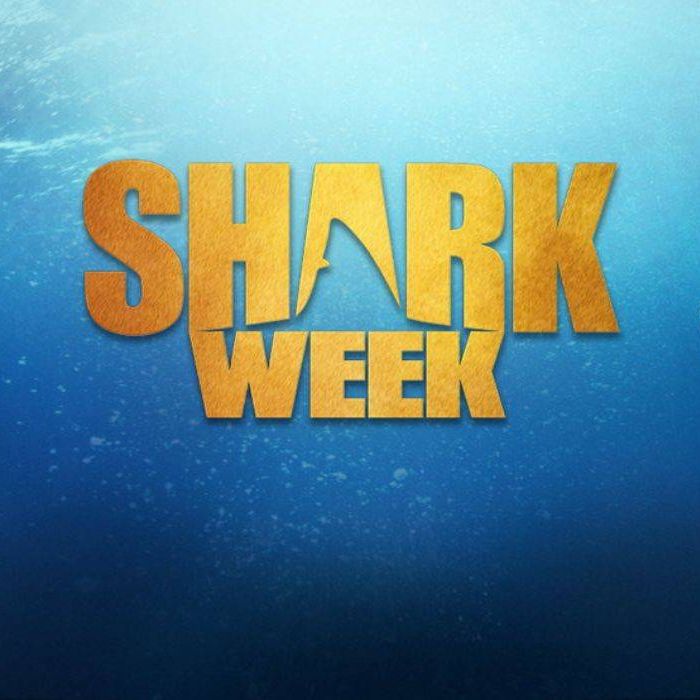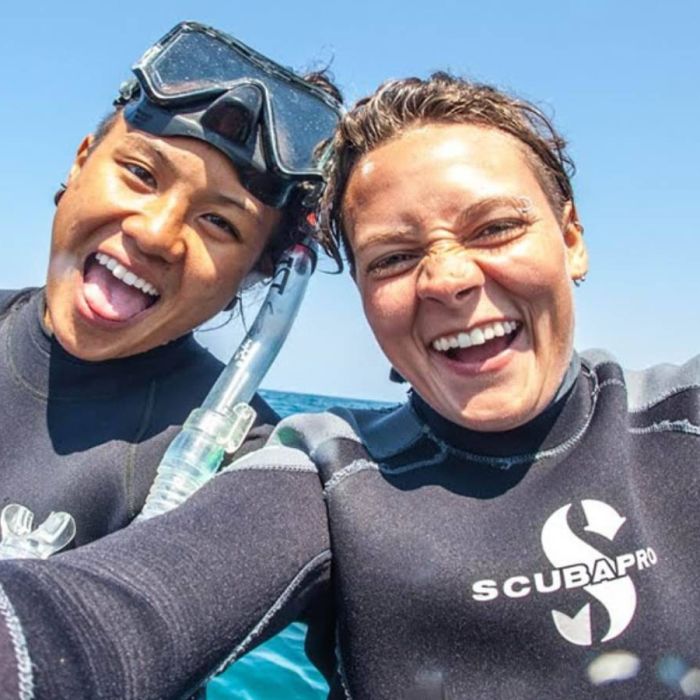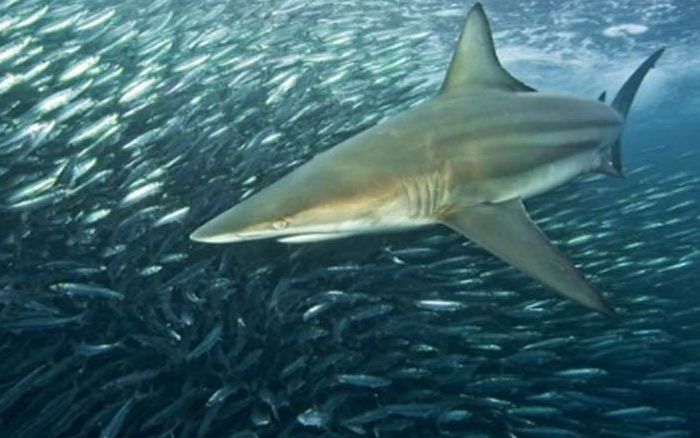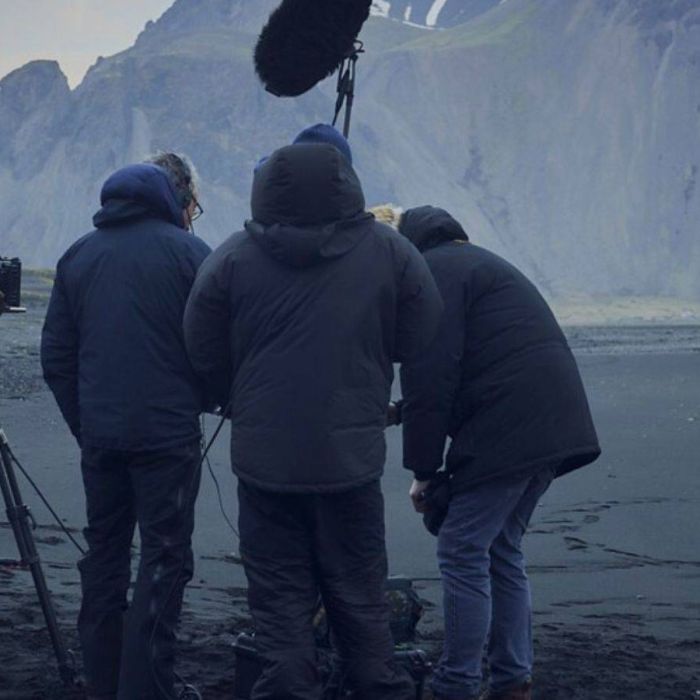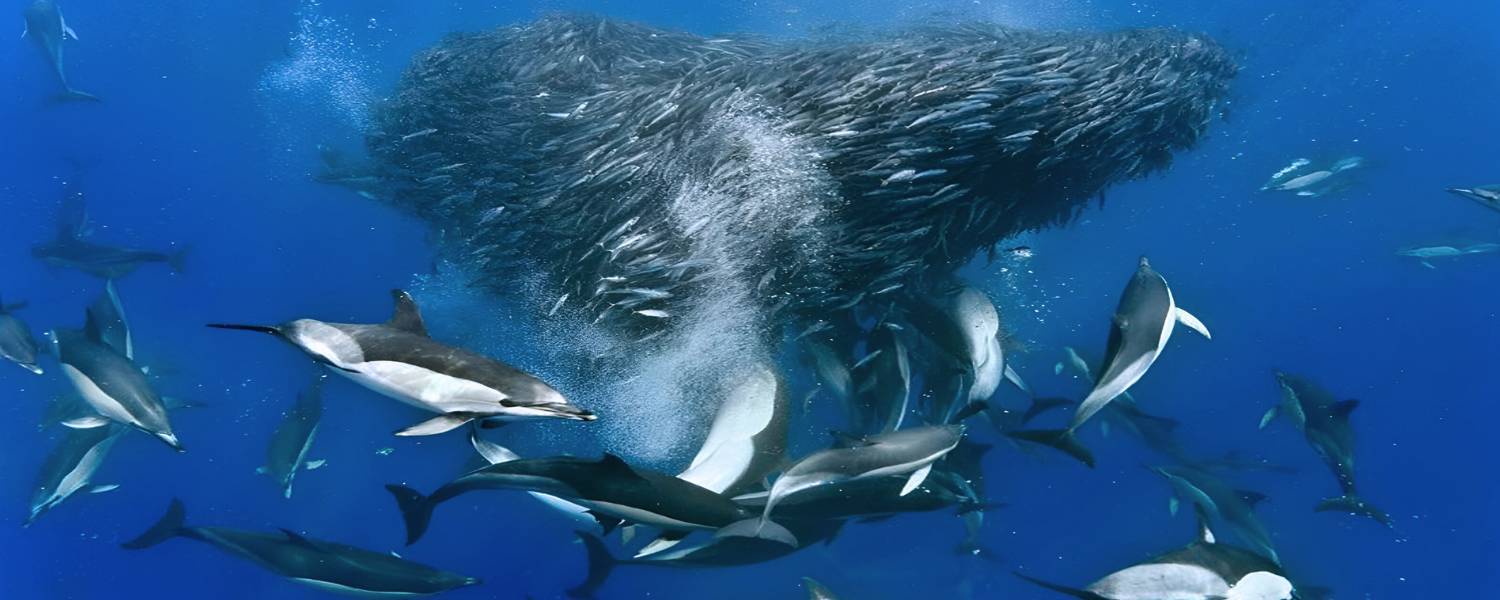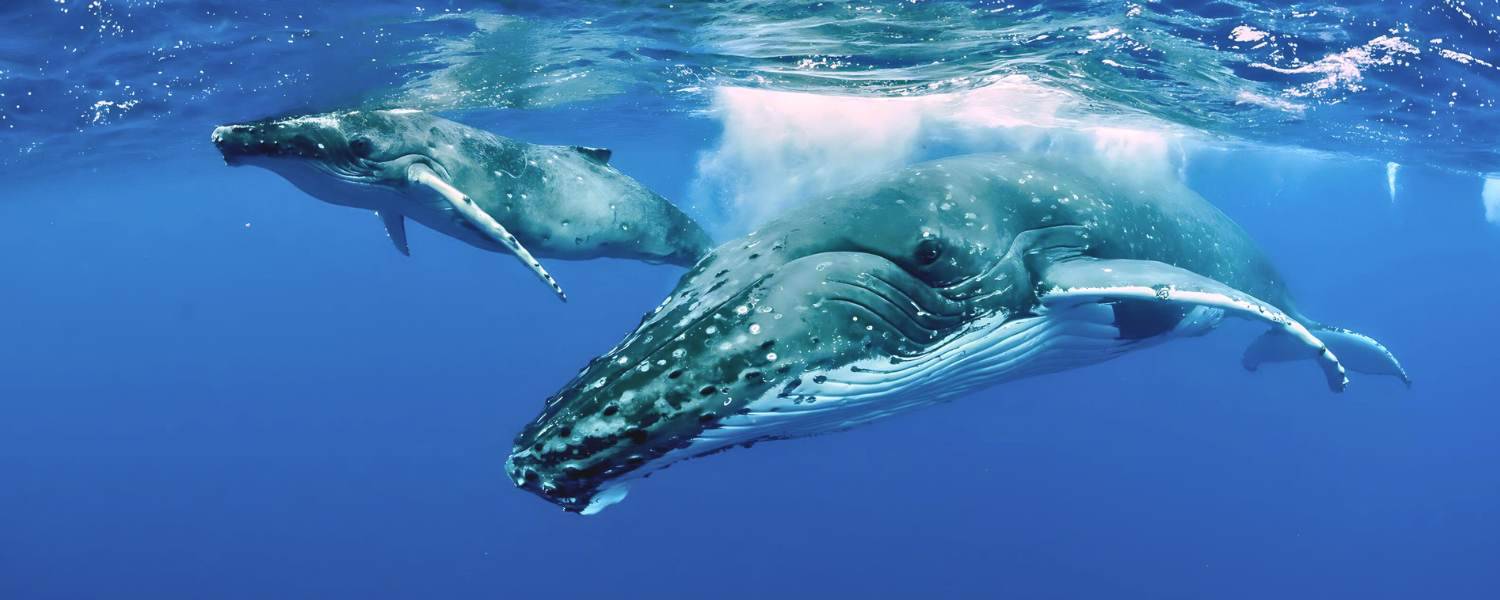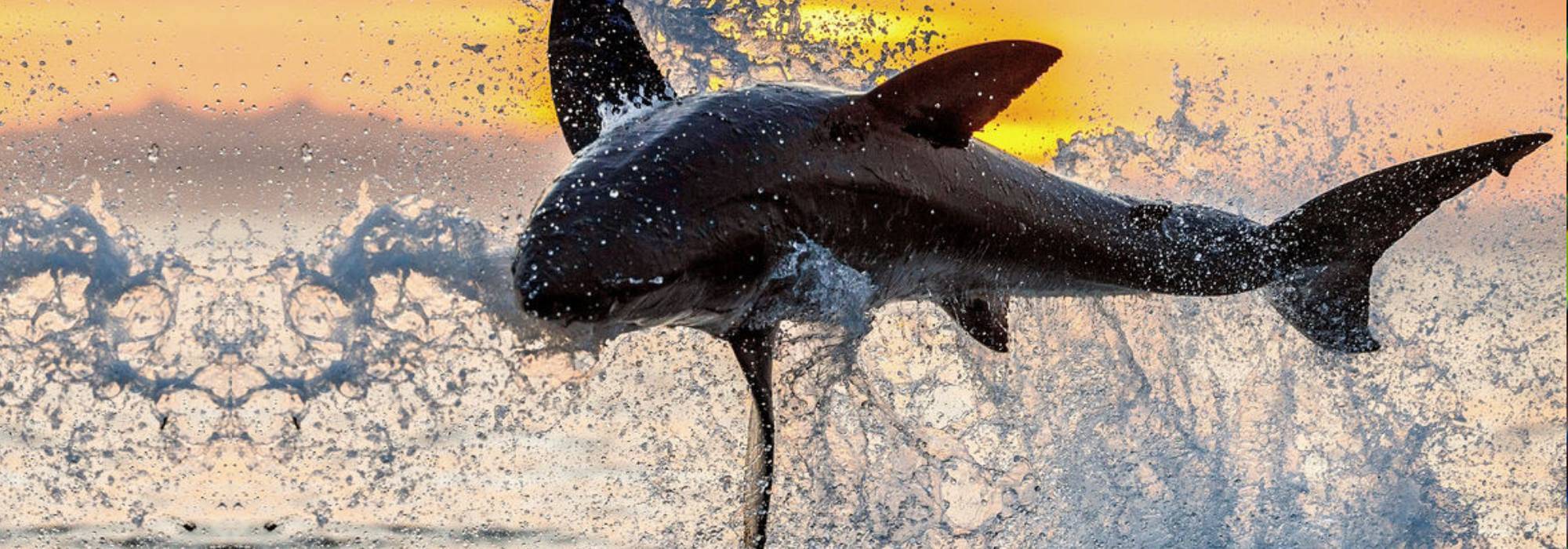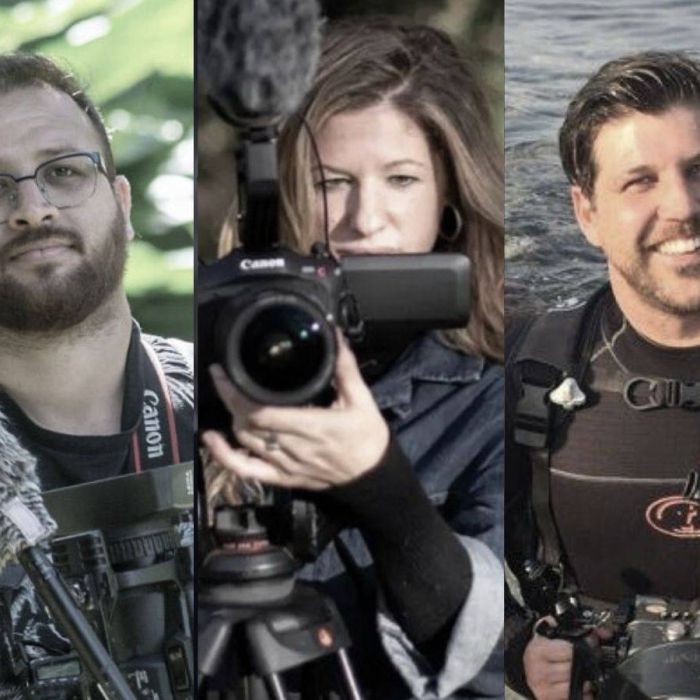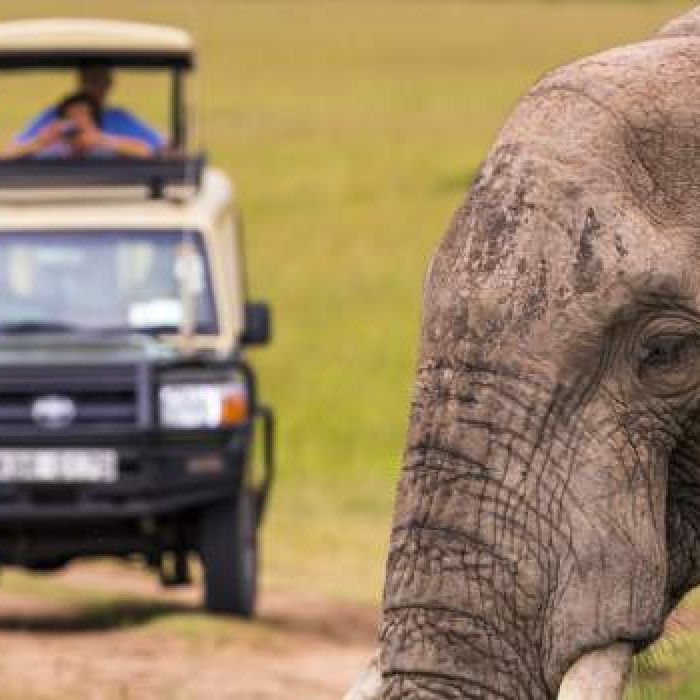Partner content
Advertise hereSHARKWEEK – THE SHARK HOST
Shark Week, the annual television event on Discovery Channel, has captivated audiences around the world with its thrilling and educational content. Behind the scenes, the charismatic hosts play a crucial role in bringing the fascinating world of sharks to viewers. If you’ve ever dreamed of becoming a Shark Week host, this blog will serve as your ultimate guide, exploring the career paths of some of the show’s best-known hosts, including Andy Casagrande, Paul de Gelder, Craig Connell, and Riley Elliot.
One common thread among Shark Week hosts is their educational background in marine biology or a related field. Pursuing a degree in marine biology, oceanography, or a similar discipline provides the foundational knowledge needed to understand the complex ecosystems inhabited by sharks. Many hosts, such as Riley Elliot, have academic backgrounds that have contributed significantly to their ability to communicate scientific concepts to a broad audience.
To become a Shark Week host, it’s crucial to gain hands-on experience in the field. Andy Casagrande, for example, is a wildlife cinematographer and Emmy Award-winning filmmaker known for his incredible underwater footage. Fieldwork often involves diving with sharks, studying their behavior, and documenting their interactions with other marine life. This practical experience not only enhances your understanding of sharks but also prepares you for the challenges of filming in the open ocean.
Successful hosts possess a combination of knowledge, charisma, and on-screen presence. While an educational background provides the necessary expertise, developing effective communication skills is equally important. Paul de Gelder, a former Navy diver and shark attack survivor, brings a unique perspective to Shark Week. His ability to share personal experiences and engage viewers makes him a compelling host. Consider participating in public speaking events, taking media training courses, or even working with a mentor to refine your presentation skills.
Networking is a crucial aspect of breaking into the world of television and wildlife documentaries. Building connections with professionals in the industry can open doors to opportunities. Craig Connell, a marine biologist and Shark Week host, emphasizes the importance of networking in his career. Attend industry conferences, engage with online communities, and seek internships or volunteer opportunities to establish connections with individuals who can guide you on your path.
Specializing in a niche area within marine biology can set you apart as a potential Shark Week host. Riley Elliot, a marine biologist and shark scientist, focuses on shark-human interactions. Developing expertise in a specific aspect of shark biology or behavior allows you to contribute unique insights to Shark Week programming. It can also make you an invaluable resource for producers seeking hosts with specialized knowledge.
Creativity is a key component of hosting Shark Week, as it involves presenting scientific information in an engaging and entertaining manner. Andy Casagrande’s skills as a cinematographer and Riley Elliot’s passion for storytelling showcase the importance of incorporating creative elements into your work. Consider developing skills in videography, editing, or storytelling to enhance your ability to create compelling content.
In the digital age, having a strong online presence can significantly contribute to your visibility in the industry. Create and regularly update your professional profiles on platforms like LinkedIn. Share your research, fieldwork experiences, and any relevant content to showcase your expertise. Riley Elliot, for instance, utilizes social media platforms to share his love for sharks and marine conservation, further establishing his presence in the field.
Partner content
Advertise hereConclusion
Becoming a Shark Week host requires a combination of education, hands-on experience, networking, and creative talents. By studying the career paths of hosts like Andy Casagrande, Paul de Gelder, Craig Connell, and Riley Elliot, aspiring hosts can gain valuable insights into the diverse routes one can take to land a role in one of television’s most thrilling and educational events. Embrace your passion for sharks, immerse yourself in the world of marine biology, and let your unique skills shine as you embark on the journey to becoming the next Shark Week host.



